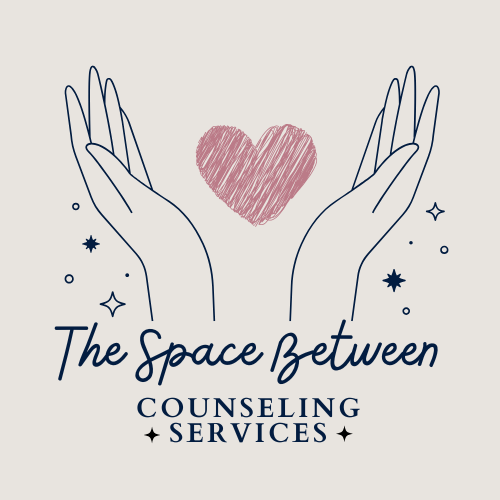Loving Your Child Without Loosing Yourself
There’s a quiet myth many parents carry—the idea that love means saying yes, being available all the time, sacrificing your needs, or holding everything together without letting anything slip.
But what if love also sounds like:
“I’m here, and I also need a moment.”
“I love you, and that’s why I’m saying no right now.”
“I want to help, and I need you to wait.”
Boundaries aren’t walls between you and your child. They’re bridges—clear, consistent, respectful pathways where connection and trust can grow.
And yet, for so many parents, setting boundaries feels heavy. Guilt creeps in. Old patterns surface. You might wonder if you’re being too harsh, too distant, too unavailable. Or maybe you’re so tapped out that even knowing what your boundaries are feels blurry at best.
You’re Not Failing—You’re Tired
If boundary-setting feels hard, there’s likely a good reason. You might be running on minimal sleep, handling everything from school forms to emotional meltdowns to work deadlines. You might also be carrying your own childhood experiences—maybe you grew up without boundaries, or with boundaries that felt more like punishments than protection.
So when you try to hold a limit now—especially with a child you love deeply—it can stir something deep inside. That’s not a failure. That’s a nervous system asking for support. That’s an old story asking to be rewritten.
Boundaries as a Form of Care
Boundaries teach kids something powerful:
How to respect other people’s limits
How to tolerate frustration safely
How to self-soothe when the answer is no
That they can trust you to be consistent, not perfect
And for you? Boundaries are a form of self-preservation. They are a way to honor your energy, your capacity, and your right to exist as a full human—not just a caregiver.
Boundaries create space for both—your child’s needs and your own. That space between is where connection deepens.
Some Boundaries Might Sound Like:
“I’ll help you in 10 minutes. I’m finishing something right now.”
“I hear that you’re upset. I’m not going to change my mind, and I’m here with you while you feel your feelings.”
“I’m not available to talk right now, but I care about what you’re saying. Let’s talk after dinner.”
“You’re safe, and I won’t let you hit me.”
These are not easy scripts, especially if your child is dysregulated or if you’re already stretched too thin. But they are loving. They model emotional containment, honesty, and clarity.
When Boundaries Feel Hard
If you notice guilt, frustration, or emotional flooding when you try to hold a limit, pause and ask:
What part of me feels threatened by this boundary?
Is there a younger version of me who needed more support and didn’t get it?
This is the work we do often in therapy—getting curious about those parts, making room for compassion toward yourself and your child, and learning how to hold steady without shutting down.
You are not alone in this.
You Can Be Both: A Present Parent and a Person with Needs
Boundaries are not about pushing your child away.
They are about coming close—on solid ground.
They say, “I love you, and I’m allowed to be human, too.”
If this resonates with you, know that support is here when you're ready. Whether you’re untangling old stories, trying to show up differently, or simply needing space to breathe, we can walk through this together.
You're not doing it wrong. You're growing.
And your child doesn’t need a perfect parent. Just a real one.
